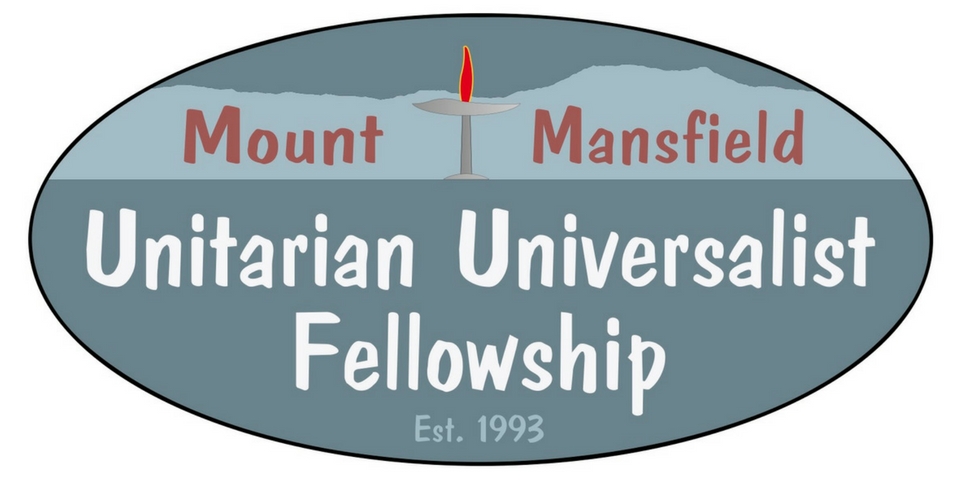Poetry: The language of world community with peace, liberty, and justice for all
Poetry has long been at the heart of building community and of building and sustaining movements of peace, liberty, and justice. As poet Major Jackson says, “Once a reader has fully internalized the poem’s machinations, she collects a chorus within her and is transformed. This ritual generates empathy and widens our humanity.” And as poet Janice Lobo Sapigao states, “Poetry is activism because, line by line, it contains the potential to ask difficult questions, to participate in literary spaces, to push past discomfort, and to build worlds where possibilities drive us. People say they are often moved, held, or taken by poems–and aren’t those actions the basis of activism? Poetry, this way, is a movement.”
In this interactive service, we’ll reflect on and celebrate the power of poetry to drive us toward the 6th principle goal of world community with peace, liberty, and justice for all.
We ask our fellowship members and guests to share poems that have challenged, moved, and sustained them in working toward this goal themselves.
Danielle Thierry is a member of MMUUF, where she’s active in the Last Minute Choir and the Religious Education and Cares and Concerns committees. Danielle previously served as the organizer/executive director of the Burlington Writers Workshop, where she focused on broadening access to free and supportive writing workshops, retreats, and publishing opportunities and co-founded the community-led literary journal Mud Season Review. Danielle has a master’s degree in creative writing and journalism from Rowan University and has taught writing in community college, workshops, and other settings. She currently works on initiatives to make federal government benefit programs more accessible and equitable through clear language and people-centered design.
Ann Bonanno is a member of MMUUF, and has chaired the Sunday Service Committee for the past decade. After all this time, she is beginning to define her spirituality, which is clearly based in the natural world and the connections between all living things. Ann believes strongly in living in gratitude, and spends some time each day grateful for the beautiful state of Vermont and the MMUUF community.
